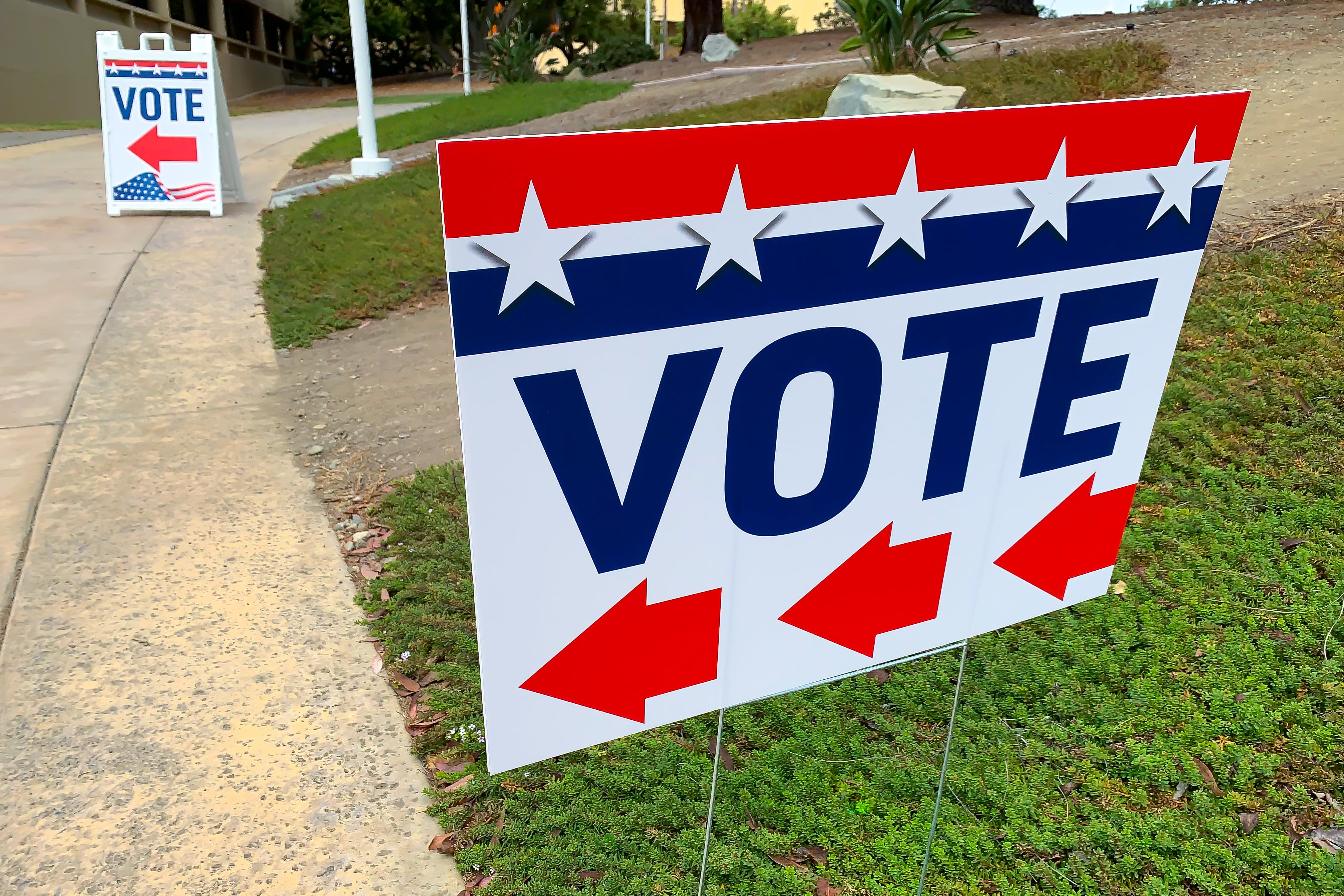Sign up for Chalkbeat Indiana’s free daily newsletter to keep up with Indianapolis Public Schools, Marion County’s township districts, and statewide education news.
This election, 40 candidates are on ballots across Marion County for 33 seats on 10 district school boards.
Winning candidates will start four-year terms in January 2025 and serve through 2028. As school board members, they will provide district oversight, create and enforce policies such as the student handbooks, approve the budget, and set goals. One of the biggest jobs of a school board is to hire and oversee a superintendent.
The number of board members — and whether members are at-large or represent a specific district — varies by school district. Board members can receive up to $2,000 annually in addition to meeting stipends. Generally, school board seats are nonpartisan election positions, except in Speedway, where the school board is appointed by the town board.
Overall, roughly half the school board candidates in Marion County are incumbents, and a majority face at least some opposition.
The district with the most candidates overall is also the district with the most candidates — three — for a single seat: Indianapolis Public Schools. That race, one of four in the district, is also the only one where the incumbent is vying for re-election.
And in five districts — Beech Grove City Schools plus the Metropolitan School Districts of Lawrence Township, Pike Township, Warren Township, and Wayne Township — there is one more candidate on the ballot than the number of seats open.
In the other four districts, every candidate on the ballot will join the board: Metropolitan School Districts of Decatur Township, Washington Township, Franklin Township Community Schools, and Perry Township Schools. In Perry, the board has four open seats with only two candidates on the ballot. A third candidate is running as a write-in, meaning she could join the board with one vote, but that still leaves one open seat.
Voter guides for Marion County school board elections
Chalkbeat Indiana partnered with WFYI and Mirror Indy to publish voter guides on each Marion County school board election. Read each guide:
- Beech Grove
- Decatur Township
- Franklin Township
- IPS
- Lawrence Township
- Perry Township
- Pike Township
- Warren Township
- Washington Township
- Wayne Township
Additionally, Chalkbeat Indiana and WFYI are co-hosting an IPS school board candidates forum at 6 p.m. Tuesday, Oct. 8, at the Indianapolis Public Library, Central Branch. RSVP and submit questions here.
How to vote
Voter registration is underway and ends on Oct. 7. Marion County residents can register to vote here.
Early voting begins on Oct. 8 at the Indianapolis City-County Building at 200 E. Market St. Additional early voting sites open on Oct. 26 and can be found online.
On Election Day on Nov. 5, Marion County residents can vote at any of the county’s voting centers, which can be found online.
MJ Slaby oversees Chalkbeat Indiana’s coverage as bureau chief. She also covers access to higher education. Contact MJ at mslaby@chalkbeat.org.







